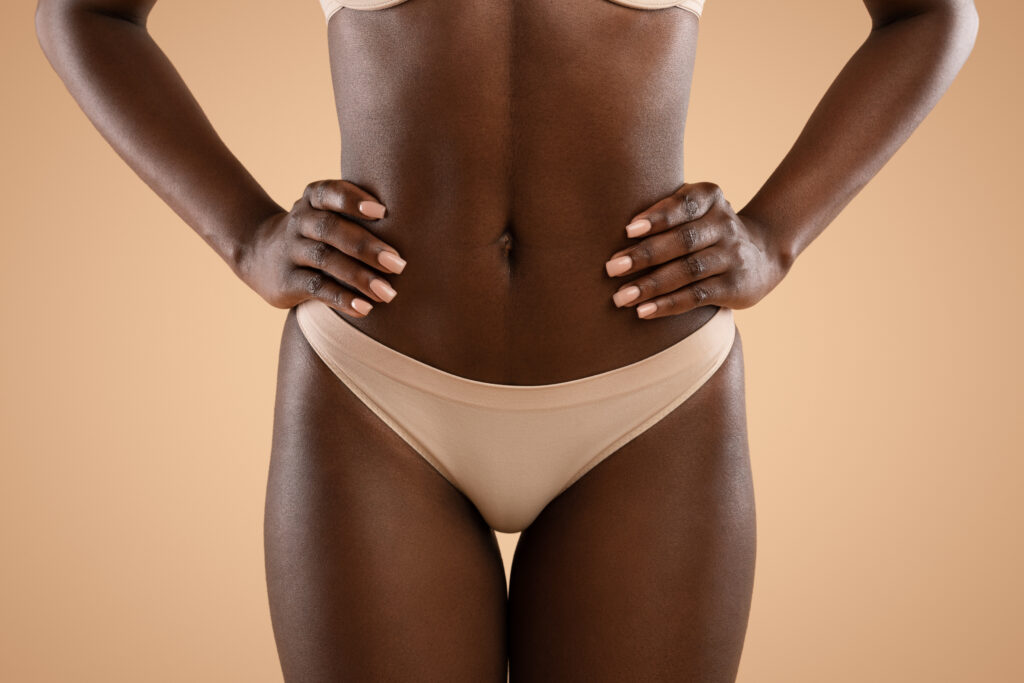About Eve
Welcome to Eve, where our mission goes beyond delivering comfort and luxury to your doorstep. Eve was born out of a vision to redefine the way women experience their menstrual cycle. We saw a gap in the market for a service that treated women as individuals, not just part of a collective. With Eve, every woman gets a box tailored to her preferences, ensuring that her unique needs are met with care and precision.






